Cosmed defends quality of emergency hydroalcoholic sanitisers – doubts are ‘completely unfounded’
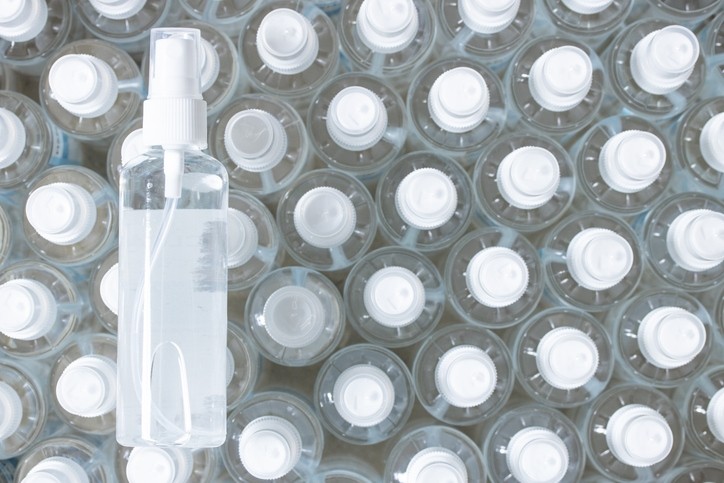
Hydroalcoholic gel production in France had historically been reserved for detergent firms and pharmacists only, but on March 13 the French government issued a decree authorising cosmetic companies to manufacture hydroalcoholic gels and solutions – a move made to tackle widespread shortages in hospitals, care centres and pharmacies amid the ongoing COVID-19 crisis.
French beauty hand sanitisers have ‘same effectiveness’
French manufacturers responded fast, mobilising collectively under The French Federation for Beauty Companies (FEBEA) with brands and manufacturers in beauty, hair, personal care and perfume sectors kickstarting production of hydroalcoholic gels. Prestige perfume major LMVH, among many others, started production of hydroalcoholic gels at all its French sites, typically reserved for Christian Dior, Guerlain and Givenchy fragrance lines.
Importantly, all hydroalcoholic gels produced by beauty firms under the decree had to follow one of several government-approved formulas. However, with the plethora of products coming to market in recent weeks, doubts have been raised by users about the disinfectant qualities these cosmetic-manufactured hand sanitisers had.
Cosmed said these concerns were “completely unfounded” and it was “necessary to fully reassure companies, employers and employees on this point”.
In a statement issued to the press, Cosmed said: “The gels and hydroalcoholic solutions manufactured in accordance with the decree of March 13, 2020 are disinfectant, bactericidal and virucidal biocides. They are of the same effectiveness as the products manufactured according to the EU Biocidal Regulation No. 528/2012.”
“As with nursing staff, companies can confidently make these products available to their employees,” it said.
Government-approved formulas ‘without modifications’
Cosmed said all beauty firms producing hydroalcoholic gel products under the decree had to use one of four government-approved formulas “without modifications”. And all four formulas, it said, had been validated by the Directorate-General of the French Ministry of Health.
Certain requirements had to be adhered to, notably that every hydroalcoholic gels manufactured under the decree had to contain a minimum alcohol content of 65% v/v and contain disinfectant biocides, active on bacteria and viruses.
And Cosmed said the General Directorate for Competition Policy, Consumer Affairs and Fraud Control (DGCCRF) and the Directorates of Population Protection (DDPPs) across all regions in France were carrying out “numerous verifications and controls” at manufacturing sites.
Alcohol content must be labelled from May 31
From May 31, Cosmed said that by virtue of an amendment to the March 13 decree (made on April 17, 2020) all hydroalcoholic gels produced now had to “visibly” display the percentage of alcohol contained in the formula; an aspect not previously required of cosmetic companies.
Cosmed said it had worked closely on the drafting of the decree and was part of an important network coordinating the production of these gels across France.
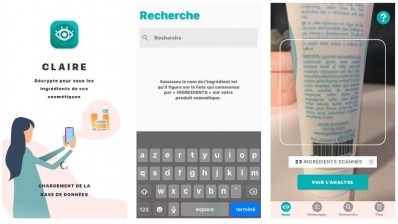
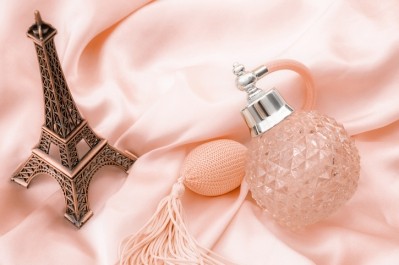

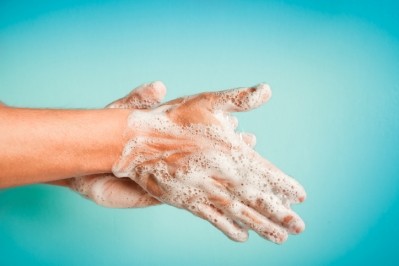



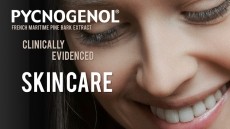


![Chinese study highlights mental health challenges in atopic dermatitis, emphasising holistic patient care. [Getty Images]](https://www.cosmeticsdesign-europe.com/var/wrbm_gb_food_pharma/storage/images/_aliases/wrbm_tiny/publications/cosmetics/cosmeticsdesign-asia.com/headlines/formulation-science/chinese-research-linking-atopic-dermatitis-to-mental-health-underscores-need-for-holistic-care/17040623-1-eng-GB/Chinese-research-linking-atopic-dermatitis-to-mental-health-underscores-need-for-holistic-care.jpg)








